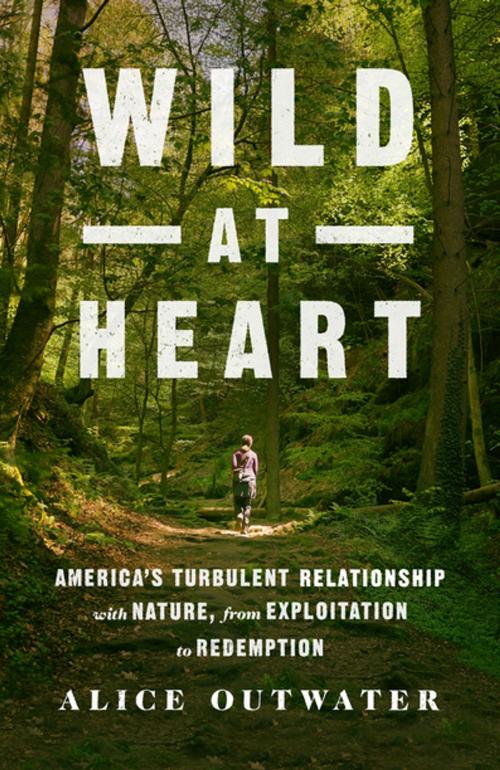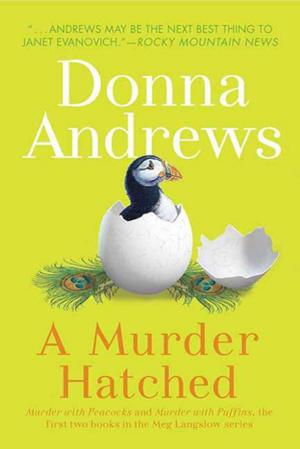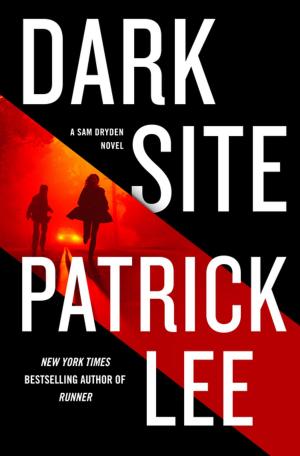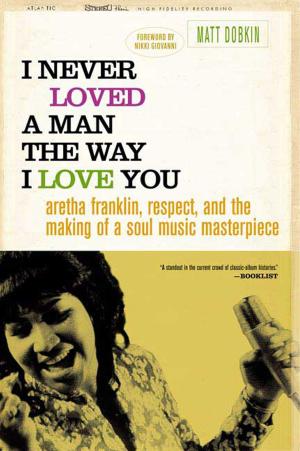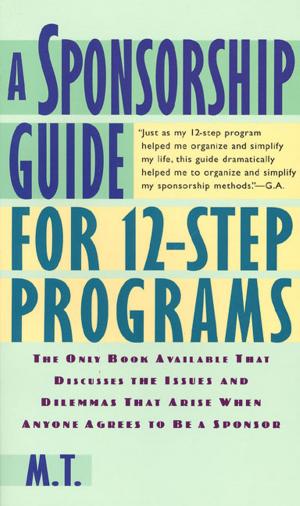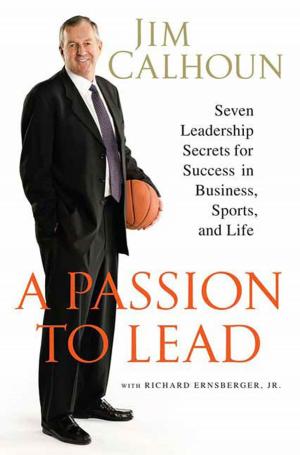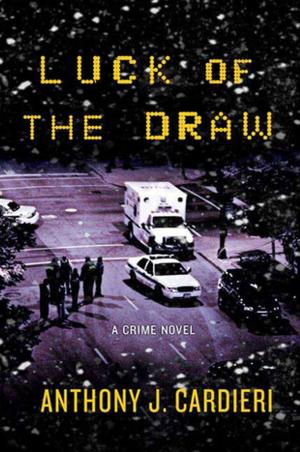Wild at Heart
America's Turbulent Relationship with Nature, from Exploitation to Redemption
Nonfiction, Science & Nature, Nature| Author: | Alice Outwater | ISBN: | 9781250085795 |
| Publisher: | St. Martin's Press | Publication: | April 2, 2019 |
| Imprint: | St. Martin's Press | Language: | English |
| Author: | Alice Outwater |
| ISBN: | 9781250085795 |
| Publisher: | St. Martin's Press |
| Publication: | April 2, 2019 |
| Imprint: | St. Martin's Press |
| Language: | English |
"Alice Outwater’s infectiously readable Wild at Heart captures the essence of ecology: Everything is connected, and every connection leads to ourselves." —Alan Weisman, author, The World Without Us and Countdown
"A wonderful book. Information rich to say the least, and the indigenous human connections and portrait of the deep connectivity of nature, are both strong elements." —Jim McClintock, author of A Naturalist Goes Fishing
Nature on the brink? Maybe not. With so much bad news in the world, we forget how much environmental progress has been made. In a narrative that reaches from Native American tribal practices to public health and commercial hunting, Wild at Heart shows how western attitudes towards nature have changed dramatically in the last five hundred years.
The Chinook gave thanks for King Salmon's gifts. The Puritans saw Nature as a frightening wilderness, full of "uncooked meat." With the industrial revolution, nature was despoiled and simultaneously celebrated as a source of the sublime. With little forethought and great greed, Americans killed the last passenger pigeon, wiped out the old growth forests, and dumped so much oil in the rivers that they burst into flame. But in the span of a few decades, our relationship with nature has evolved to a more sophisticated sense of interdependence that brings us full circle. Across the US, people are taking individual action, planting native species and fighting for projects like dam removal and wolf restoration. Cities are embracing nature, too.
Humans can learn from the past, and our choices today will determine whether nature survives. Like the First Nations, all nations must come to deep agreement that nature needs protection. This compelling book reveals both how we got here and our own and nature's astonishing ability to mutually regenerate.
"Alice Outwater’s infectiously readable Wild at Heart captures the essence of ecology: Everything is connected, and every connection leads to ourselves." —Alan Weisman, author, The World Without Us and Countdown
"A wonderful book. Information rich to say the least, and the indigenous human connections and portrait of the deep connectivity of nature, are both strong elements." —Jim McClintock, author of A Naturalist Goes Fishing
Nature on the brink? Maybe not. With so much bad news in the world, we forget how much environmental progress has been made. In a narrative that reaches from Native American tribal practices to public health and commercial hunting, Wild at Heart shows how western attitudes towards nature have changed dramatically in the last five hundred years.
The Chinook gave thanks for King Salmon's gifts. The Puritans saw Nature as a frightening wilderness, full of "uncooked meat." With the industrial revolution, nature was despoiled and simultaneously celebrated as a source of the sublime. With little forethought and great greed, Americans killed the last passenger pigeon, wiped out the old growth forests, and dumped so much oil in the rivers that they burst into flame. But in the span of a few decades, our relationship with nature has evolved to a more sophisticated sense of interdependence that brings us full circle. Across the US, people are taking individual action, planting native species and fighting for projects like dam removal and wolf restoration. Cities are embracing nature, too.
Humans can learn from the past, and our choices today will determine whether nature survives. Like the First Nations, all nations must come to deep agreement that nature needs protection. This compelling book reveals both how we got here and our own and nature's astonishing ability to mutually regenerate.
